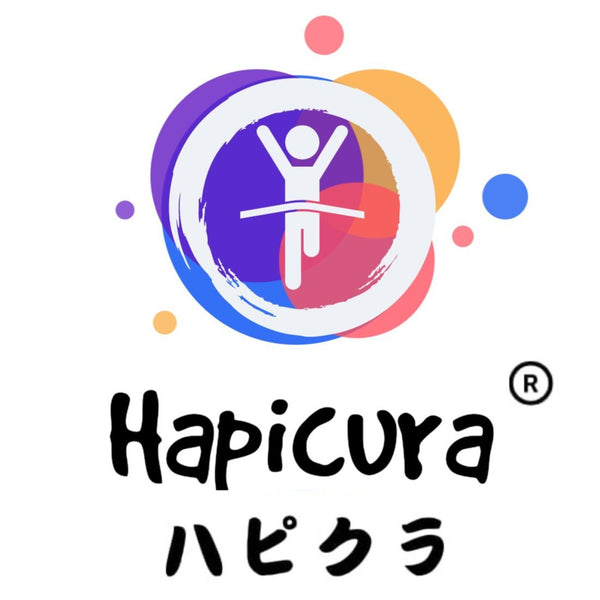
When to Know it's Time for Your Elderly Loved Ones to Start using Adult Diapers
Share
Caring for elderly loved ones involves many considerations, one of which is their continence care. It is essential for their comfort, health, and dignity that they know when it is time for them to start using adult diapers. This thorough guide will assist you in identifying the warning signals and choosing the right adult diaper option.
Recognising Incontinence
Elderly people frequently experience incontinence, which is the involuntary loss of bladder or bowel control, for a variety of reasons including ageing, illness, medicine, and decreased mobility. If not appropriately controlled, it can have a major negative influence on their quality of life.
Indications That Adult Diapers Are Needed
1. Frequent Accidents: If your loved one needs to use the restroom frequently but still has a lot of bowel or urine accidents, it might be time to think about adult diapers. This is particularly true if mishaps happen frequently during the day or night, which compromises their hygiene and comfort.
2. Incontinence at Night: Consistently waking up to wet sheets is an obvious indicator of incontinence at night. Your loved one can sleep better at night if they are kept dry and comfy using adult diapers made for overnight use.
3. Difficulty Getting to the Bathroom: Older people may find it challenging to get to the bathroom promptly due to mobility concerns. Adult diapers can be a useful way to avoid accidents and embarrassment if they have trouble walking, getting out of bed, or using the restroom.
4. Cognitive Decline: Illnesses such as dementia and Alzheimer's disease might make it harder to realize when a toilet break is necessary. Adult diapers might assist your loved one retain their dignity if they suffer from cognitive impairments and struggle to manage their hygiene or remember to use the restroom.
5. Skin Rashes and Infections: Frequent contact with urine or faeces can result in rashes, infections, and skin irritation. Consistent skin problems in the buttocks or genitalia may mean that more frequent changes are required than what conventional underwear can accommodate.
6. Concerns from Caregivers: It is advisable to take professional caregivers' or healthcare professionals' advice into consideration if they voice worries about managing incontinence and propose using adult diapers. They frequently possess the knowledge and viewpoint to determine whether more assistance is required.
Bringing About the Change
1. Open Communication: It can be difficult to talk about incontinence and the need for adult diapers. As you approach the subject with empathy, make sure your loved one knows it's not about losing their freedom but rather about their comfort and well-being.2. Selecting the Correct Product: Adult diapers from hapicura.com come in pull-ups, briefs, and pads, among other varieties. Take into account features like absorbency, fit, and convenience of use while choosing the product that best meets the needs of your loved one.
3. Gradual Introduction: To assist your loved one in adjusting, gently introduce adult diapers. Utilize them at night or on excursions at first, and then expand usage as necessary by their acceptance and comfort.
4. Preserving Dignity: Your loved one's dignity should always come first. Include them in the process of making decisions, honour their choices, and make sure that any modifications are made covertly and quietly.
5.Regular Check-Ins: Keep an eye on the comfort level of your loved one and the efficiency of the adult diapers. Check for leaks, skin problems, or indicators of discomfort regularly. If needed, change the product's size or type.
Conclusion
The health and well-being of your older loved ones must know when it's time for them to start using adult diapers. You may make sure they get the help they require without sacrificing their comfort or dignity by paying attention to the warning indications and treating the matter with consideration and understanding. An essential component of providing senior care is managing incontinence properly, which promotes their health and happiness.
